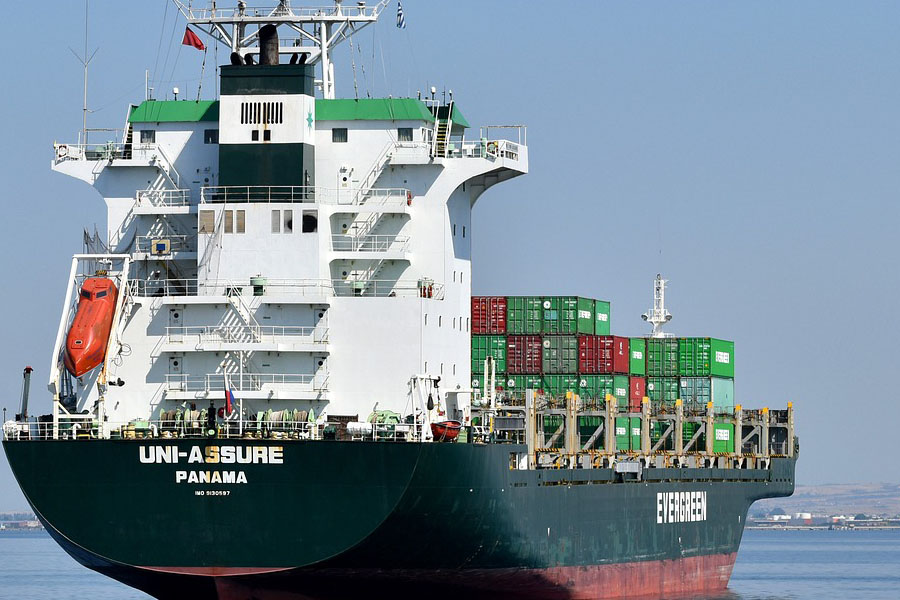
I.The MaritimeWhat are the core responsibilities that an agent actually undertakes?
As a crucial pillar of international trade, professional shipping agencies provideFull-process closed-loop service:
- Cabin booking and route optimization (covering 20+ major shipping companies including CMA CGM and MSC)
- Import and exportcustoms clearanceand compliance review (Customs data from 2023 shows that 96% of declaration anomalies originate from documentation errors)
- Container management (including the scheduling of special equipment such as special containers and refrigerated containers)
- Transportation Insurance Plan Design (It is recommended that goods with a value exceeding USD 50,000 must be insured)
- Destination portCustoms clearanceCoordinate (handling special requirements such as EU CE certification, US FDA submissions, etc.)
II. How to Determine the Professional Reliability of a Shipping Agent?
Proxy selection requires verification.Three core qualifications:
- International freightAgency Qualifications (FIATA/NVOCC Certificates)
- Main port operation network coverage (It is recommended to select agents with their own branches in the target port)
- Historical Dispute Resolution Success Rate (requires provision of customer dispute cases and solutions from the past 3 years)
Industry trends for 2025 indicate that possessingDigital Customs Declaration SystemandCarbon Neutral Transportation SolutionsThe satisfaction rate of our corporate agency clients increased by 37%.
III. What Hidden Costs Are Actually Included in Shipping Fees?
In addition to the basic ocean freight, special attention should be paid to:
- Peak Season Surcharge (PSS/BUC, etc., with the 2024 Europe route peak season surcharge reaching $800/TEU)
- Destination Terminal Handling Charges (DTHC/ORC, etc., with an average charge of $120 per container for Southeast Asian ports)
- Demurrage (Daily fees start from $80 for the top 20 global ports)
- Amendment fee (post-departure MBL modification costs up to $300 per instance).
IV. How to accurately estimate the transit time of cargo shipments?
Actual transportation cycle = Base voyage + 3 floating factors:
- Port Congestion Index (referencing Drewry's 2024 Global Port Efficiency Rankings)
- Customs inspection probability (chemical products have an inspection rate as high as 28%, while general cargo is only 3%).
- Impact of Extreme Weather (The 2024 Suez Canal Closure Incident Resulted in a 17-Day Delay on Asia-Europe Routes)
5. How to Effectively Claim Compensation for Damaged Goods?
Recommended adoptionFour-Step Rights Protection Method:
- Please apply for third-party inspection immediately (reports issued by SGS or BV have legal validity).
- Verify the insurance clauses (pay special attention to the exemption clauses for war risk and strike risk).
- Collect evidence from each transportation link (including container seal numbers, loading photos, etc.)
- Involvement of the P&I Club (applicable to major cases with losses exceeding USD 100,000)
VI. What are the special requirements for the maritime transport of dangerous goods?
Handling hazardous materials transportation must ensure:
- The MSDS document complies with the latest revision of IMDG (12 additional controlled substances added in 2024).
- UN packaging certification (it is recommended to choose an agent with a DG warehouse)
- Declaration must be submitted 14 days in advance (compared to the 3-day declaration period for general cargo).
- Isolation loading plan (cargoes of different hazard levels must be spaced by 5 container slots).
7. How significant is the impact of digitalization on maritime agency services?
The 2025 industry report shows that adoptingBlockchain Bill of LadingEnterprises:
- Document processing time reduced by 62%.
- Fraud risk reduced by 89%
- The capital turnover efficiency has increased by 40%.
It is recommended to prioritize digital agents that support EDI data integration and provide real-time cargo tracking.
8. How to Avoid the Dilemma of No Cargo Pickup at the Destination Port?
According to Maersk's 2024 customer data, it is recommended:
- When signing the CIF terms, the consignee is required to pay a deposit (recommended to be no less than 30% of the cargo value).
- Select controllable destination port agents (avoid using consignee-appointed agents)
- Purchase cargo abandonment insurance (premium is approximately 0.8% of the cargo value).
- Verify the validity of customs clearance documents in advance (especially special certifications such as Brazil's INMETRO and Saudi Arabia's SASO).


 Follow Customer Service WeChat
Follow Customer Service WeChat